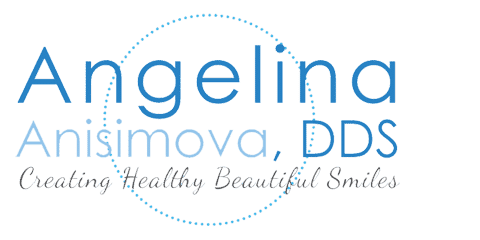We speak English, Russian & Spanish
Frequently Asked Questions About Dental Hygiene
-
What is proper dental hygiene?
Proper dental hygiene includes brushing at least two times a day, ideally with an electric toothbrush, flossing at least once a day, and using a fluoridated mouthwash.
-
What can I expect if I don't practice good dental hygiene?
If you don't practice good dental hygiene, you can expect gingivitis, tartar buildup, and plaque buildup. Gingivitis can lead to periodontitis, which is bone loss in your mouth and is irreversible. Therefore, maintaining good oral hygiene is very important.
-
What are the main duties of a dental hygienist?
A dental hygienist has many duties including taking x-rays, perio-charting the patient, providing patient education, and cleaning the teeth. Sometimes we need to do a deeper cleaning called scaling and root planing, especially if you've been neglecting your dental hygiene.
-
What is involved in a dental cleaning?
A dental cleaning involves perio-charting, where we measure your gum and bone health. Then we use instruments, such as the Cavitron, that squirts out water and vibrates ultrasonically to remove all the plaque and tartar from your mouth.
-
What kind of tools do dental hygienists use?
Dental hygienists use a variety of tools, including a Cavitron unit that vibrates ultrasonically, and hand instruments as well.
-
Does a hygienist teeth cleaning usually hurt?
In a healthy mouth, typically a cleaning does not hurt. However, if you have gingivitis or periodontitis, areas of sensitivity can be common.
-
How long should a typical dental cleaning take?
A typical dental cleaning usually takes between 40 minutes to an hour.
-
Why is deep cleaning by a dental hygienist necessary?
A deep cleaning can be necessary when you have built up tartar underneath your gums that a typical cleaning will not remove.
-
Is it necessary to do anything after a dental cleaning?
The most important thing for you to do after a dental cleaning is to maintain proper oral hygiene, which means brushing twice a day, flossing every day, and using fluoridated mouth rinse.
-
How should I schedule a dental hygiene appointment?
Scheduling a dental hygiene appointment is easy, just give us a call and we'll be happy to put you on the schedule.
If you're ready to get started and take care of your mouth, give us a call at (636) 434-1244.
Office Hours
- Mon - Thu
- -
- Friday
- Appointment Only
- Sat - Sun
- Closed
All Rights Reserved | Angelina Anisimova, DDS
